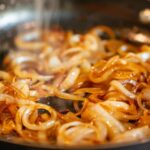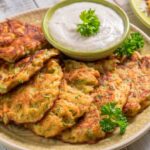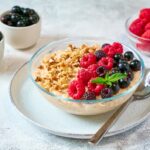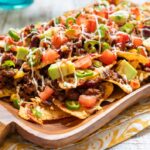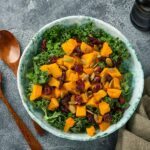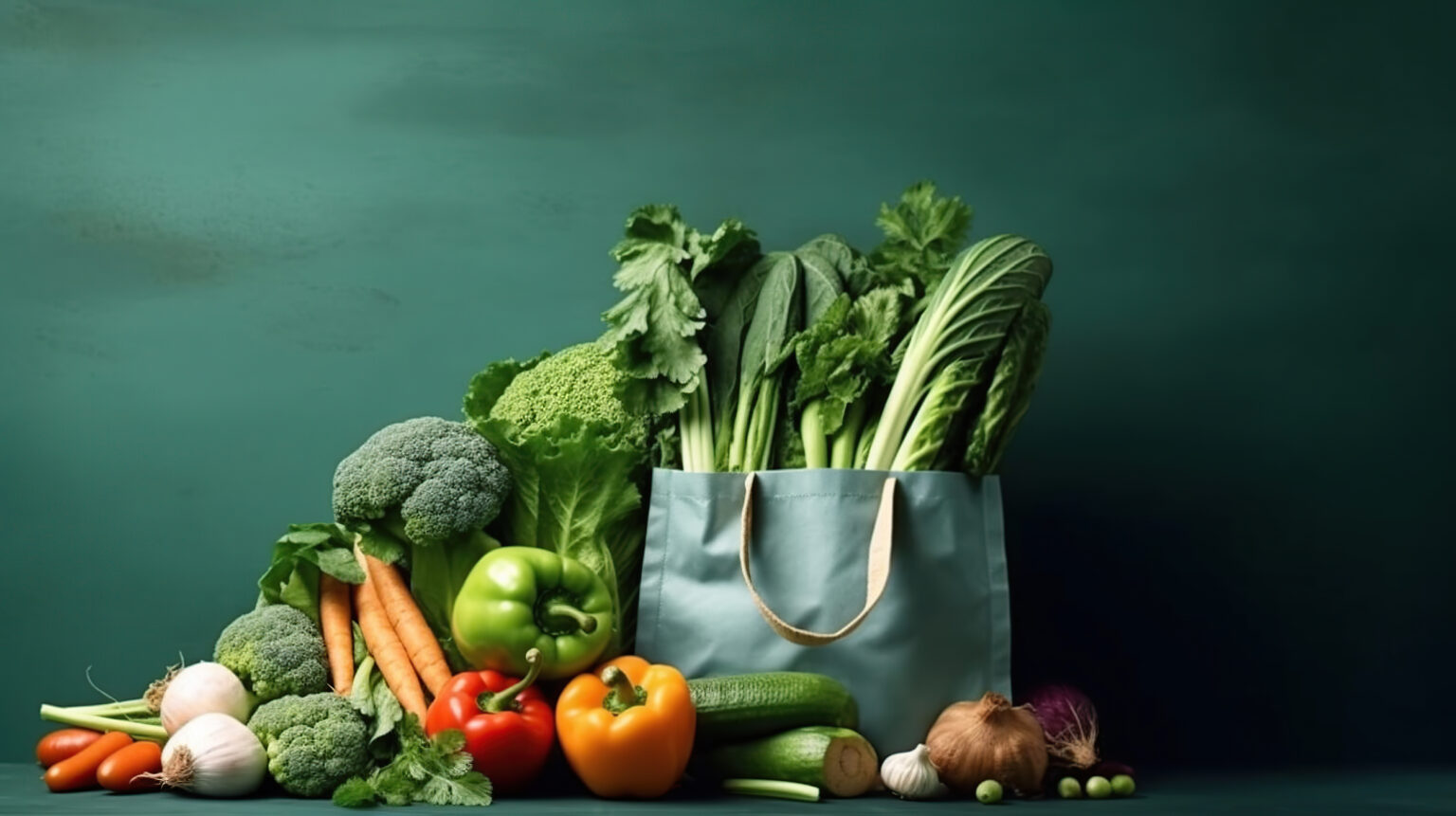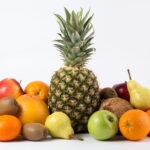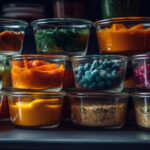A lacto-ovo vegetarian diet is a plant-based eating pattern that includes dairy products and eggs while avoiding meat, poultry, and fish. When following this type of diet, it is essential to pay attention to specific nutrients like vitamin B12 and iron, which are primarily found in animal-based foods. However, with proper planning and food choices, it is possible to meet these nutritional needs and maintain a healthy lacto-ovo vegetarian lifestyle.
Vitamin B12 is crucial for the formation of red blood cells, neurological function, and DNA synthesis. It is primarily found in animal-derived foods such as meat, poultry, fish, eggs, and dairy products. Since plant-based sources of vitamin B12 are limited, lacto-ovo vegetarians should take extra care to ensure adequate intake.
One way to meet vitamin B12 needs is by consuming dairy products and eggs regularly. Milk, cheese, yogurt, and eggs contain vitamin B12 and can contribute significantly to meeting daily requirements. Including these foods in your diet on a daily basis can help maintain optimal vitamin B12 levels.
Another option for lacto-ovo vegetarians is to incorporate fortified foods and supplements into their routine. Many plant-based milk alternatives, cereals, and meat substitutes are fortified with vitamin B12. These fortified foods can provide a convenient source of the vitamin for those who may not consume enough dairy or eggs. Additionally, vitamin B12 supplements are widely available and can be taken regularly to ensure adequate intake.
Iron is another important nutrient that can sometimes be challenging to obtain in sufficient quantities from a lacto-ovo vegetarian diet. Iron is necessary for the formation of red blood cells and plays a vital role in transporting oxygen throughout the body. While plant-based sources of iron are abundant, the iron found in plant foods is not as readily absorbed by the body compared to the iron found in animal products.
To enhance iron absorption, it is beneficial to consume plant-based sources of iron together with vitamin C-rich foods. Vitamin C can increase the absorption of non-heme iron (the type of iron found in plant foods). Including fruits and vegetables such as oranges, strawberries, bell peppers, and broccoli in meals can help maximize iron absorption.
Plant-based sources of iron for lacto-ovo vegetarians include legumes (such as lentils, chickpeas, and beans), tofu, tempeh, fortified cereals, quinoa, nuts, and seeds. Including a variety of these iron-rich foods in meals can help meet daily iron requirements. It is worth noting that cast-iron cookware can also contribute to iron intake, as small amounts of iron leach into the food during cooking.
However, in some cases, it may be necessary to supplement iron. If blood tests reveal low iron levels or if you are experiencing symptoms of iron deficiency such as fatigue, weakness, or pale skin, it is important to consult with a healthcare professional. They can provide guidance on iron supplementation and help determine the appropriate dosage.
In conclusion, meeting vitamin B12 and iron needs on a lacto-ovo vegetarian diet requires thoughtful planning and attention to food choices. Including dairy products, eggs, fortified foods, and supplements can help ensure an adequate intake of vitamin B12. To enhance iron absorption, it is beneficial to consume plant-based iron sources with vitamin C-rich foods. By incorporating a variety of nutrient-dense foods into your lacto-ovo vegetarian diet, you can maintain a well-balanced and nourishing eating pattern.

